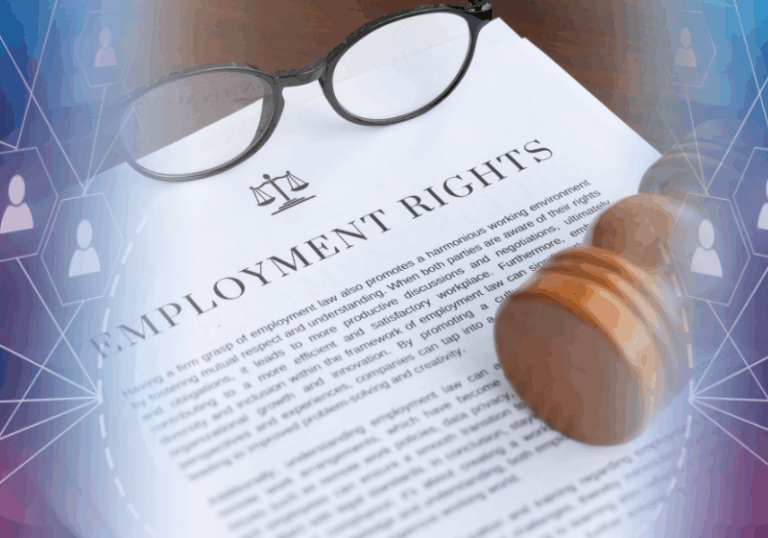Ensuring Salaried Employees meet National Minimum Wage standards

We asked our advisor Julie Spence and here’s what she had to say:
“Although the answer may seem simple Employers can often overlook salaried staff and only consider those that are paid hourly”.
Over 524 employers were named and shamed by HMRC in March 2024 for underpaying employees—this left over 172,000 workers out of pocket and a sum of £16 million to be paid.
There’s a lot to consider, but as a general rule, you need to track every hour your employees have worked.
At its most simple, your salary payment should be:
Calculation
For an employee aged 21 with set hours:
Yearly Salary divided by Number of working hours for the year = National Minimum Wage rate
For Example: Annual Salary of £22,500 for someone working 37.5 hours per week= £11.44 x 37.5 x 52 = £22,308
However if this employee then works a 40 hour week the salary would need to be at least £23,795.20
What does this mean for your Business?
The most common way Employers breach the government’s guidelines is by failing to track hours. The devil really is in the details. If your employees work just two more hours weekly than their stated contract then their salary may fall short of the National Minimum wage rules . We would suggest hours are tracked in line with your pay period.
But it’s not just a failure to track. Sometimes, misunderstandings can result from employers’ confusion about what counts as payable hours.
Other ways employers have fallen short:
1. Placing workers in the wrong minimum category for example wrongly classifying an employee as an apprentice.
2. Not taking note of an increase in age,for example, if an employee’s birthday shifts them from under 18 to 18-20 in the National Minumum wage rate.
3. Misunderstanding what is classified as working time, such as time to attend training courses.
4. Confusing commuting time to work (which you don’t have to pay) and travel time for work, which is normally paid.
5. Failing to pay employees work related expenses
6. Misunderstanding rules around salary sacrifice, such as pension contributions.
We would recommend that you have a reliable system in place for properly recording working hours as this will help to reduce the risk. However, ultimately, compliance comes from diligent management .
Moving forward
Although compliance can be complicated employers must keep up to date with yearly changes and ensure every aspect of their payroll system is in line. Unfortunately, the government takes a zero-tolerance approach to violations, and the consequences can be quite severe.
Fines and the infamous “name-and-shame” list can severely hurt your business operations. So, if you aren’t sure, please do get in touch, we are here to help you
At HR:4UK, our team of advisors have over 40 years of experience in this field.
If you’d like some guidance on how to ensure you’re compliant with the latest increase to the National Minimum wage laws, then please do get in contact with your advisor or reach out to us at [email protected] or Tel on 01455 444222
Our experts are here to give you the peace of mind you need so you can focus on running your business.
Julie Spence
Julie is one of our full-time HR advisors with 30+ years of HR experience. She’s always keen to meet clients and really enjoys the personal touch.




